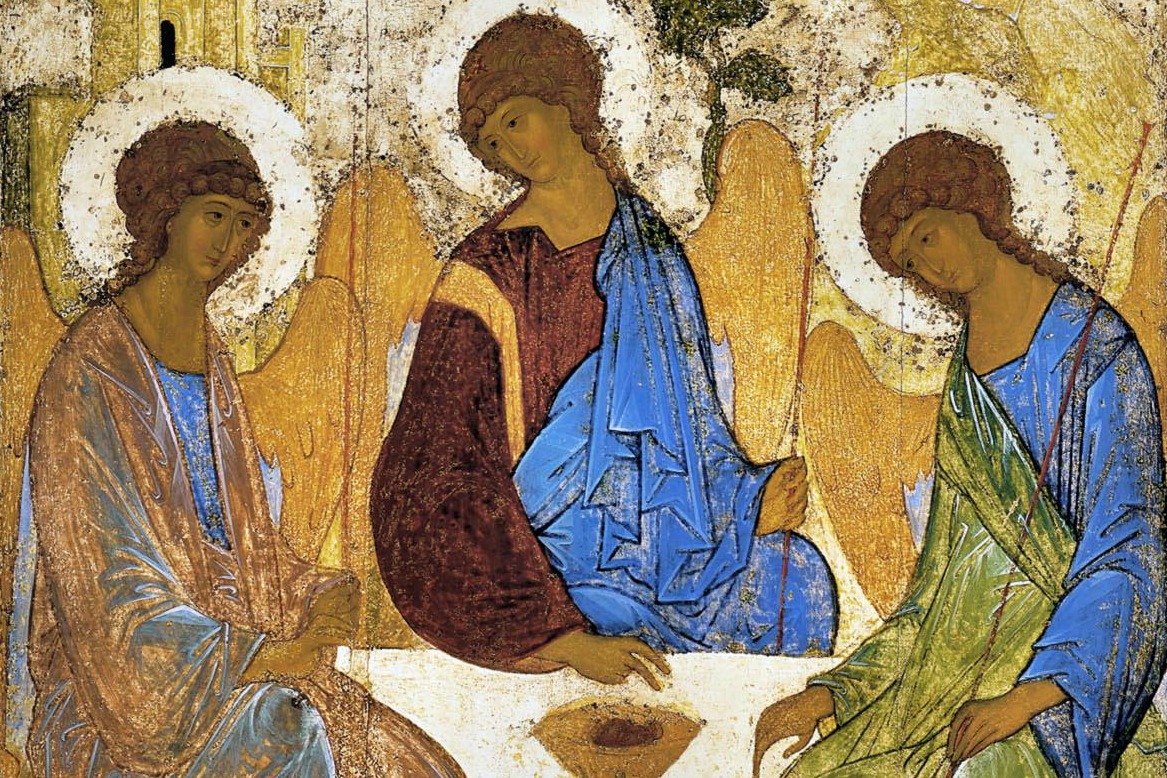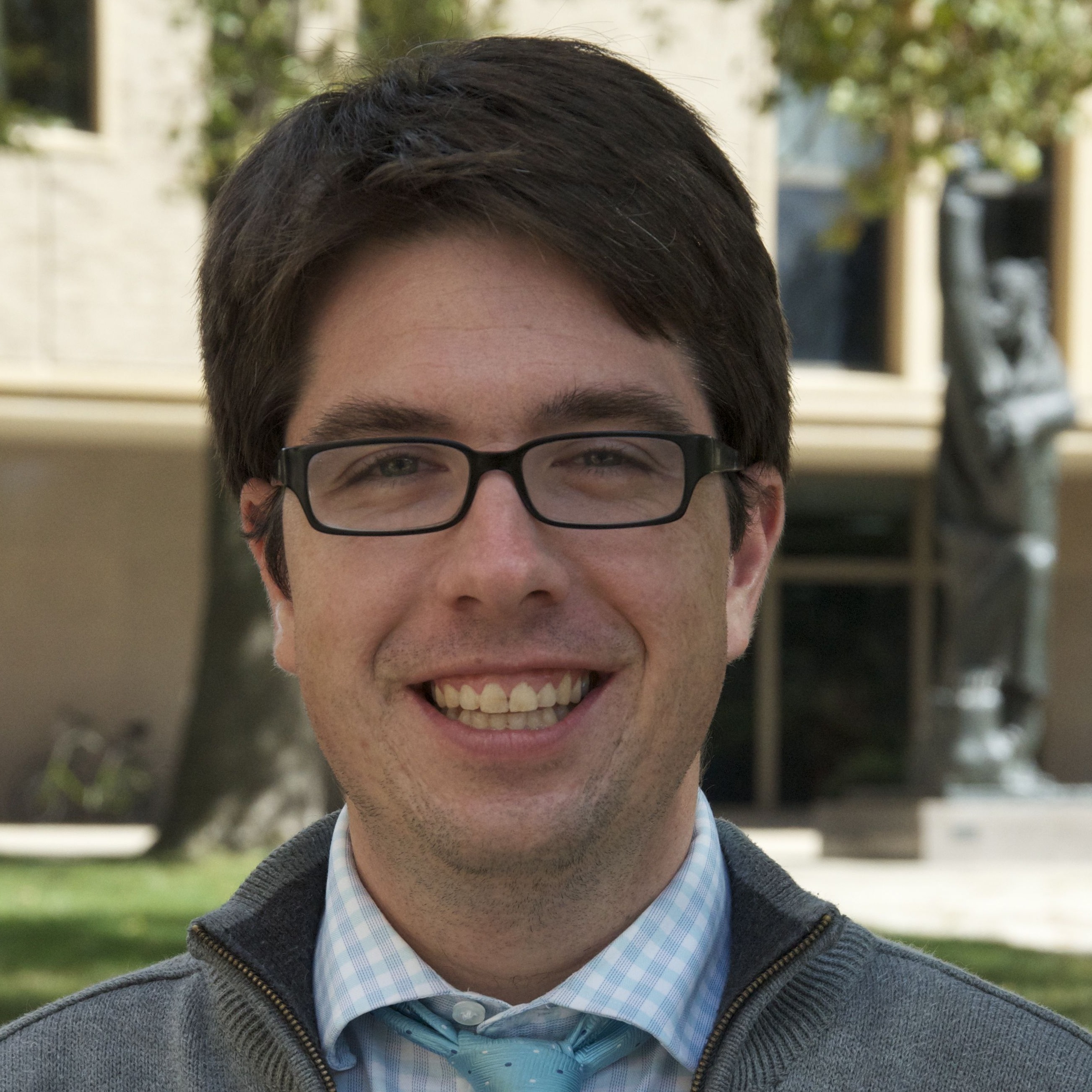"Now Abraham and Sarah were old, advanced in years, and Sarah had stopped having her menstrual periods” (Gen 18:11). This is the kind of detail that frequently perplexes my undergraduates. Why does the Bible care about Sarah’s fertility?
The promise that God makes to Abraham consists of land and progeny: “I will make of you a great nation, and I will bless you; I will make your name great, so that you will be a blessing” (Gen 12:2).
Yet, there’s a problem. Abraham and Sarah are very old—well past the age of childbearing. If the covenant is to be fulfilled, it will be God’s miraculous intervention that is required.
And of course, God acts. The LORD appears to Abraham through the mediation of three mysterious figures. And Abraham, righteous man that he is, approaches them, bringing them water in the midst of a desert.
He bathes their hot and tired feet, inviting them to sit down at table. He provides not simply a bit of bread but yogurt and meat. He welcomes the stranger in his midst, providing the hospitality that God commands.
The angels then say something very strange, “‘I will return to you about this time next year, and Sarah will then have a son’” (Gen 18:10). Sarah, of course, laughs (cf. Gen 18:12). She is too old. She cannot bear children. But God will remain faithful to the covenant, bringing about what God has promised.
Fast forward to another divine meal, this time in the Gospel of Luke. God’s very messenger comes to the table of Martha and Mary. And Martha carries out the role of Abraham, welcoming and feeding her divine guest. Mary, on the other hand, sits at the feet of Jesus speaking to him.
Martha objects: “‘Lord, do you not care that my sister has left me by myself to do the serving? Tell her to help me’” (Lk 10:40). She wants Mary to do her part in welcoming the Lord in their midst. She wants Jesus to remind her lazy sister of the requirements of hospitality.
Jesus does not play along: “‘There is need of only one thing. Mary has chosen the better part and it will not be taken from her’” (Lk 10:42).
Mary is enacting hospitality. She embodies love for her guest, delighting in the presence of Jesus. She listens to his word.
In her busyness, Martha is like Sarah. For Sarah, divine intervention is impossible, because of her old age. For Martha, she enacts the rule of hospitality to such an extent that she forgets to delight in the divine intervention in her midst.
This idolatry of busyness is a constant temptation of modern life. The temptation of busyness is that somehow if we answer this email, if we cook this meal, if we carry out this pastoral plan, then God’s plan will come about.
Jesus will fulfill his promise to be present with us, even if we can’t finish the email, cook the meal, or finish the pastoral work we imagined was essential. Like Abraham and Mary, we must not place the fulfillment of the covenant simply upon our own activity but instead learn to trust and to delight in God’s promise itself.
The sin of over-busyness is one in which we fail to trust in God. Sometimes, we have to simply sit at the feet of the Lord, delight in his presence, and trust once again that God’s divine plan “will be done on earth as it is in heaven.”
Like Abraham, like Martha, there’s work to be done. But this work will be fruitful—not because of our own ingenuity, our own commitment to the task at hand—but because God has promised us that it will be so. Amen.
![]()
This article originally appeared in Our Sunday Visitor: Newsweekly on July 6, 2016 and is reproduced here with the permission of the publisher.
Featured Image: Andrei Rublev, The Hospitality of Abraham (ca. 1400–1410); courtesy of Wikimedia Commons.



